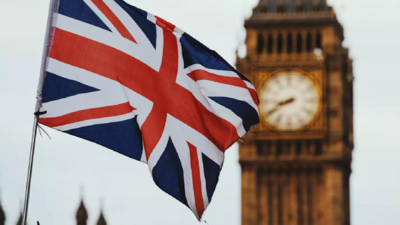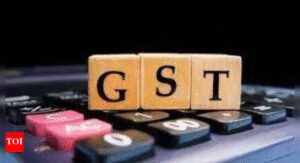
British inflation rose unexpectedly, hitting an 18-month high in June, adding to the already mounting challenges faced by the UK government and economy.Official figures released on Wednesday by the Office for National Statistics (ONS) on Wednesday showed the Consumer Prices Index (CPI) rose to 3.6% year-on-year last month, up from 3.4% in May. The jump, largely fuelled by stubbornly high motor fuel and food prices, defied forecasts from most analysts who had predicted no change. The latest figure marks the highest annual inflation rate since January 2024.“Inflation ticked up in June driven mainly by motor fuel prices which fell only slightly, compared with a much larger decrease at this time last year,” said Richard Heys, the ONS’s acting chief economist. He also noted that food price inflation had climbed for the third consecutive month, hitting its strongest pace since February.The inflation spike comes on the heels of data showing the UK economy contracted for a second straight month in May, intensifying challenges for Prime Minister Keir Starmer’s administration as it is tackling uncertainty caused by looming US tariffs.Chancellor Rachel Reeves acknowledged the mounting pressure on households, saying, “There is more to do” to support people “struggling with the cost of living.” Despite the surprise rise in inflation, some economists believe the Bank of England may still proceed with an interest rate cut next month as growth remains anaemic.“The unexpected rise in CPI inflation… may not prevent the Bank of England from cutting interest rates by 25 basis points in August,” said Ruth Gregory, deputy chief UK economist at Capital Economics, as quoted by AFP. “But it will add to the pressure on the Bank to continue to cut rates at a gradual pace,” she said.












